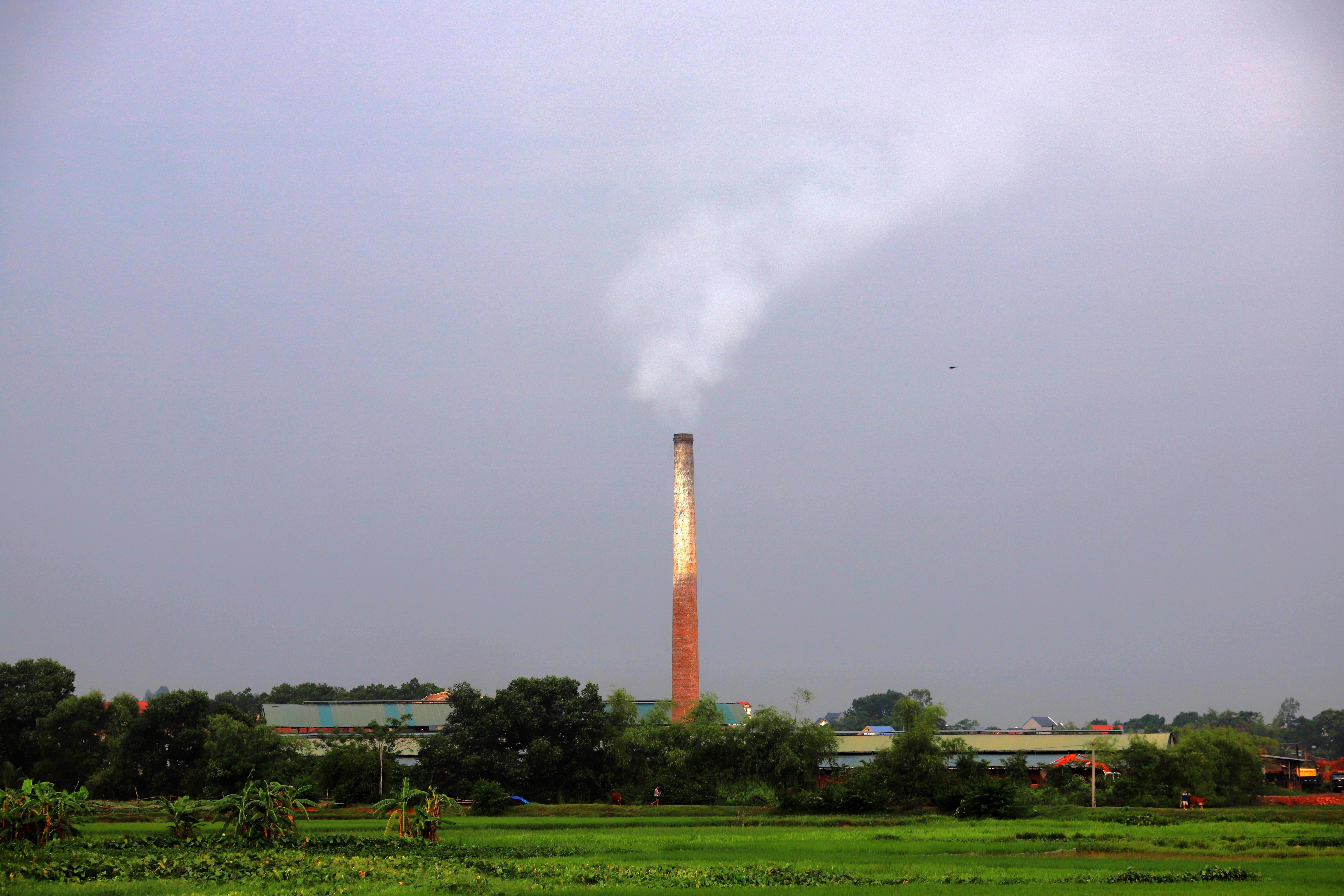HANOI, 12 December 2019 – The World Health Organization (WHO) Representative Office for Viet Nam lauds Can Tho as the first city in the country to join the continuously growing BreatheLife Network – a network of cities, regions, and countries demonstrating their commitment to bring air quality to safe levels by 2030 and collaborating on the clean air solutions that will help achieve the 2030 target.
Can Tho, the fourth largest city in Viet Nam and the largest city in the Mekong Delta, has a comprehensive Clean Air Action Plan (CAAP) in place, which prioritizes the monitoring of air quality and reduction of its major sources of emission, particularly transportation and industry.
“The Clean Air Action Plan will guide the City People’s Committee in managing air quality to improve the people’s quality of life, protect the city’s environment, comply with the requirements for clean air and sustainable urban transportation, and strengthen the city’s resilience to climate change,” said Mr Dao Anh Dung, Vice Chairman of the Can Tho City People’s Committee during the launch and handover ceremony of CAAP from Clean Air Asia and Vietnam Environment Agency to Can Tho City.
Noted as the first clean air action plan for the city, it was approved by the Can Tho City People’s Committee on 26 April 2019 under Decision 1014 and has since guided the city in realizing its commitment to meeting several WHO air quality guidelines for fine particle and other harmful air pollutants. Throughout its five-year implementation period, CAAP will provide the local government authorities and partners with a clear direction and concrete plan to improve air quality in the Can Tho city.

Smoke emitted from a factory in Viet Nam. Air pollution continues to rise at an alarming rate and affects economies and people’s quality of life. (Photo credit: WHO/NaSon Nguyen)
“Air pollution is among the most important public health issues in large cities of the developing world. It affects us all, and the government should exercise its leadership role in controlling emissions aggressively, particularly during the time of severe pollution, said Dr Kidong Park, WHO Representative in Viet Nam. “Can Tho’s courageous decision to be the first city in Viet Nam to take on the challenge of addressing an issue that requires political will deserves national recognition. We look forward to having more cities and even provinces in the country to take the same bold action to protect their people’s health and future,” Dr Park added.
Air pollution threatens the health of people in many parts of the world. Estimates in 2018 reveal that 9 out of 10 people breathe air containing high levels of pollutants. Both ambient (outdoor) and household (indoor) air pollution are responsible for about 7 million deaths globally per year; in the Western Pacific Region alone, around 2.2 million people die each year. In Viet Nam, it was estimated that 60 000 deaths in 2016 were attributable to air pollution.
